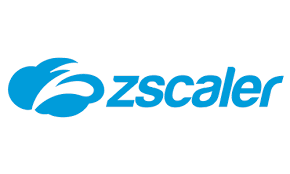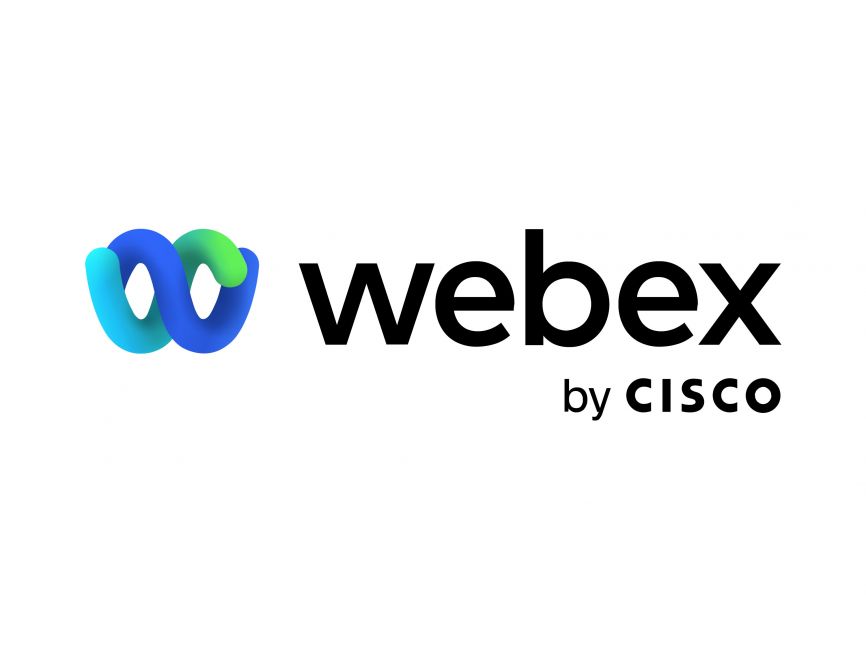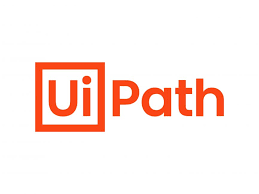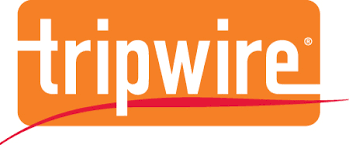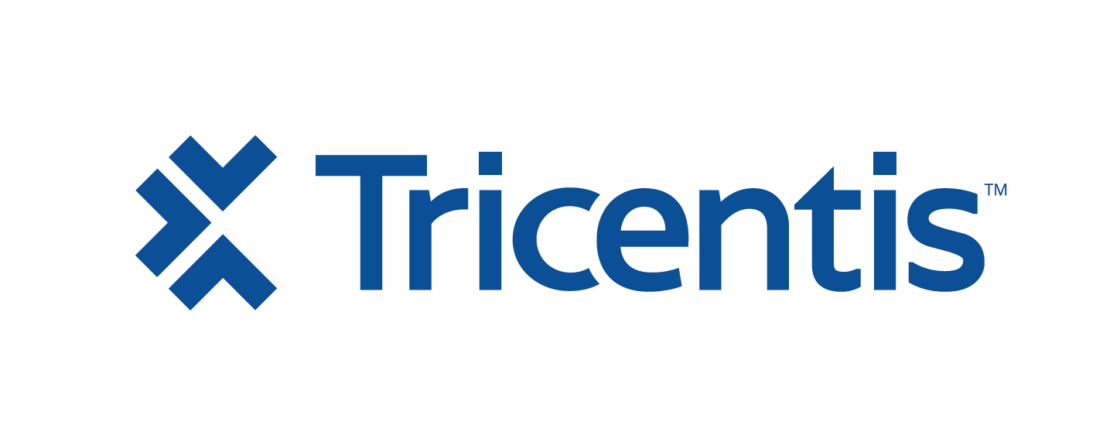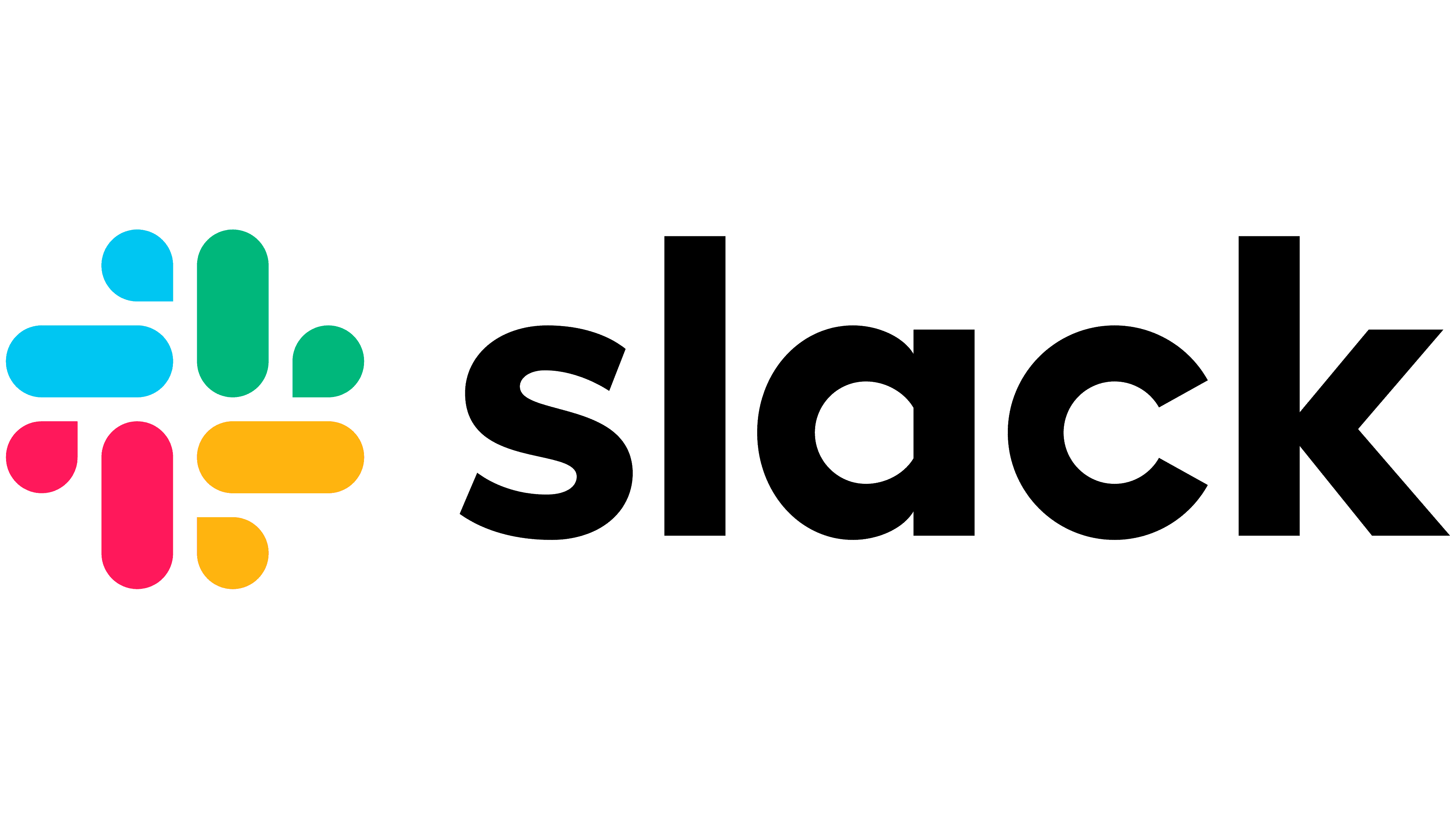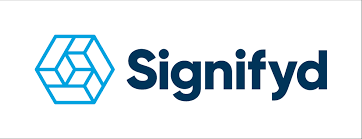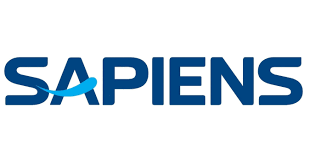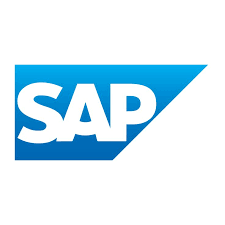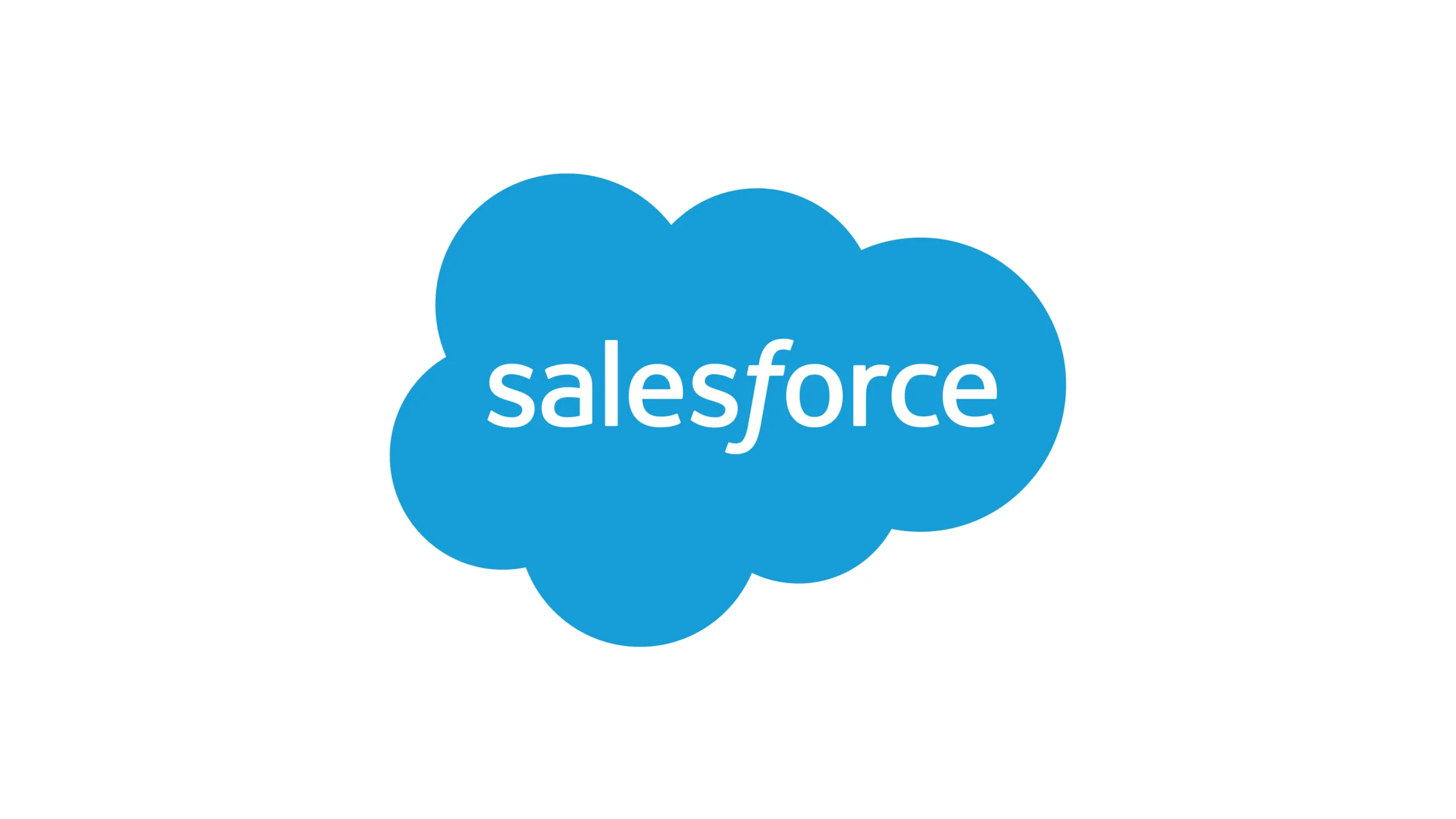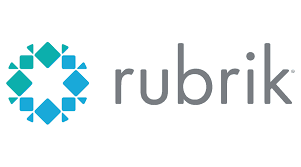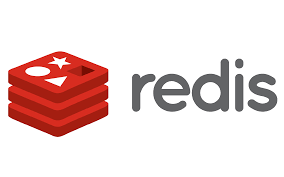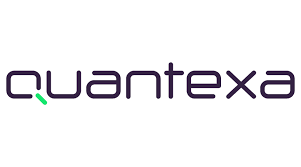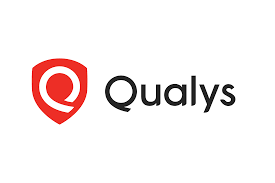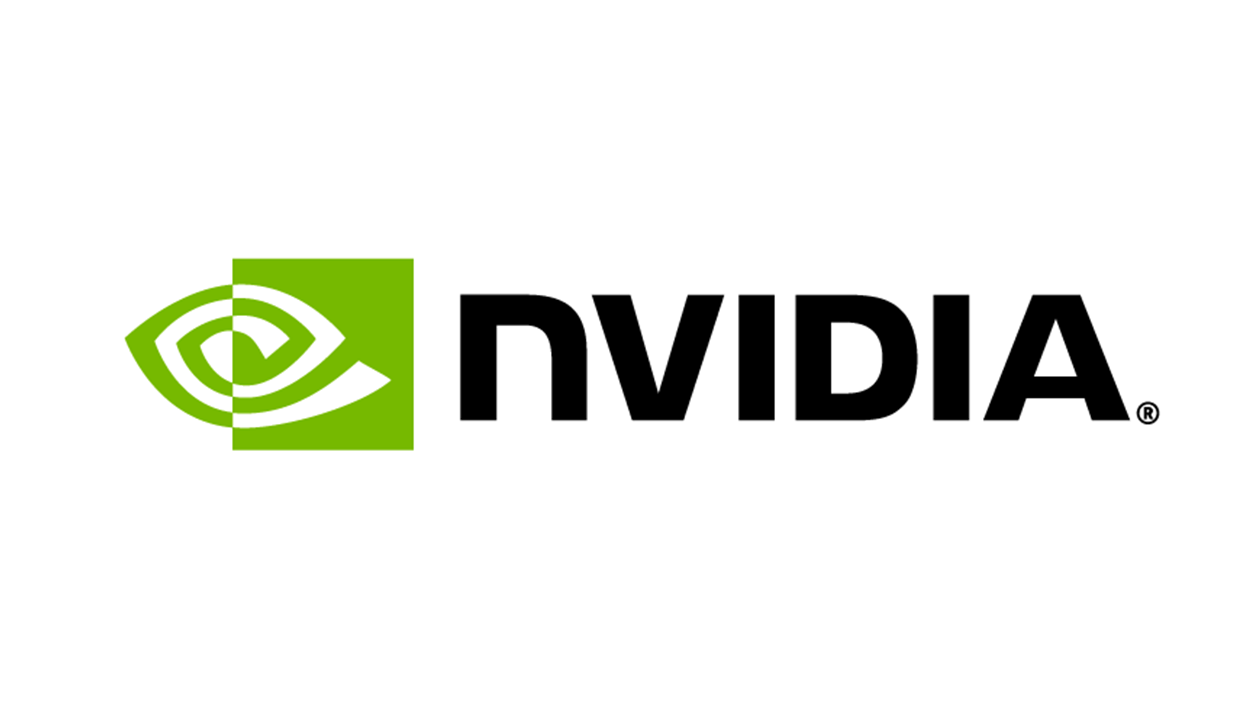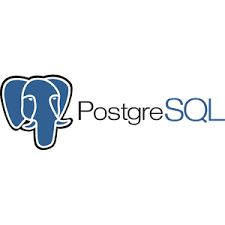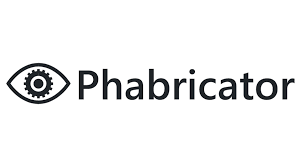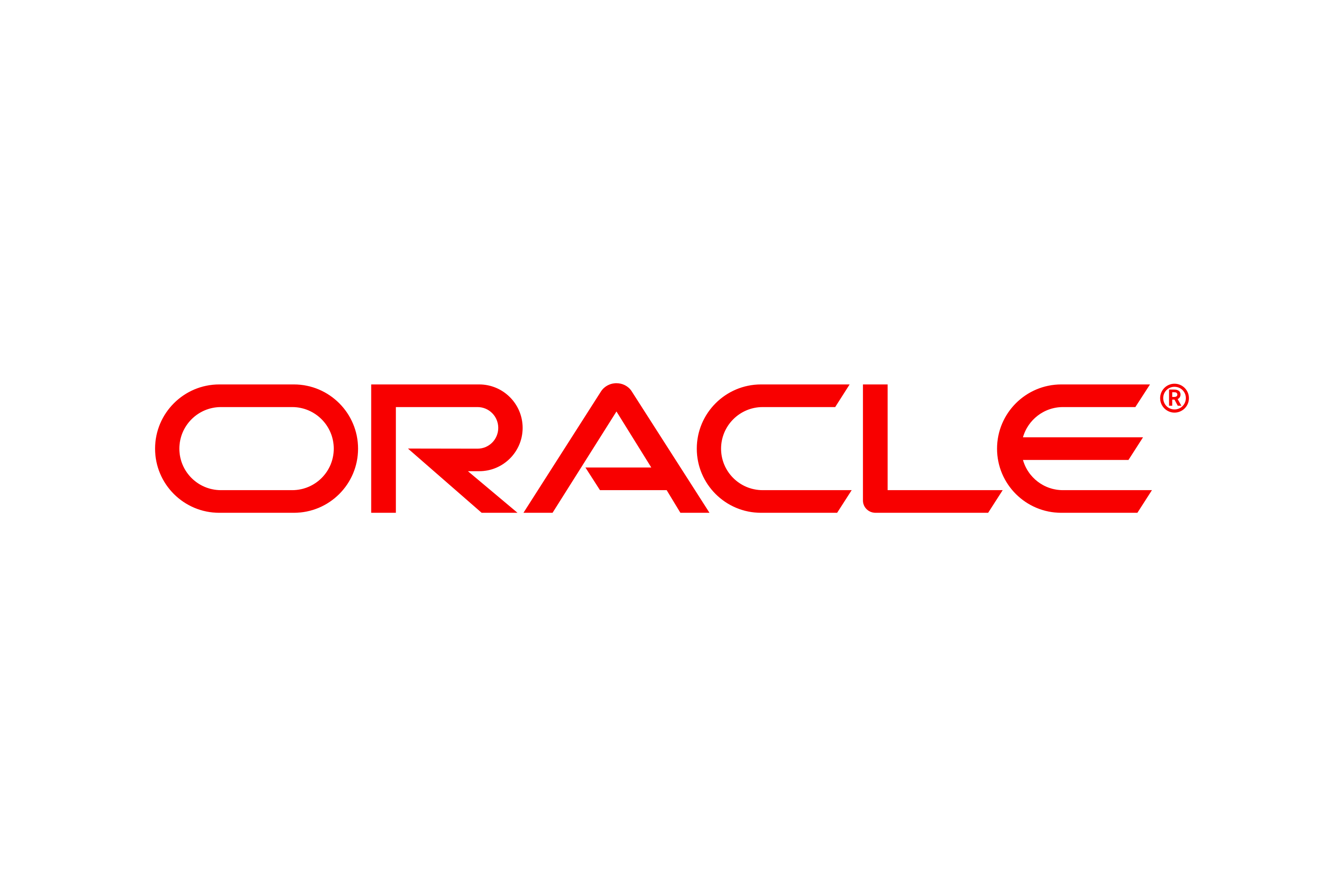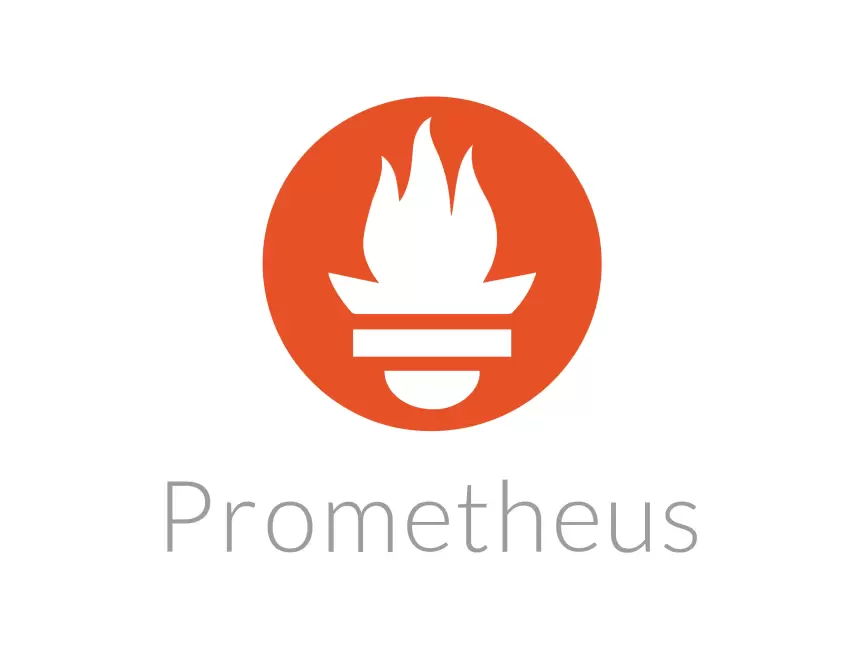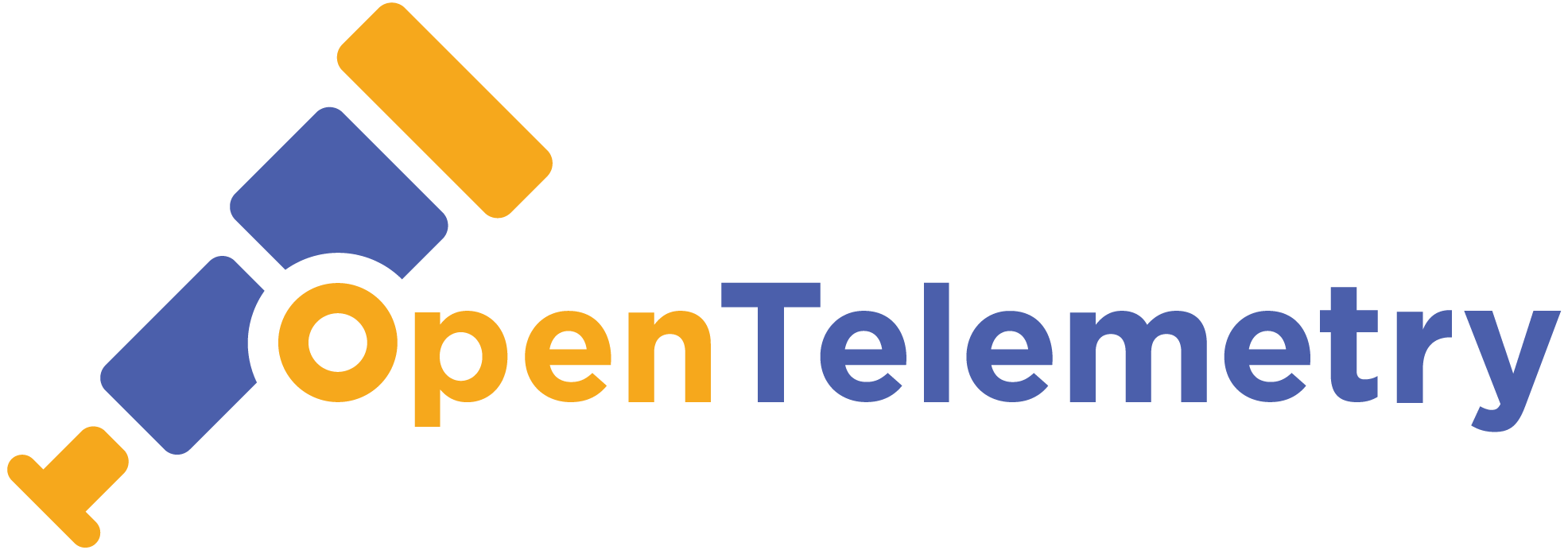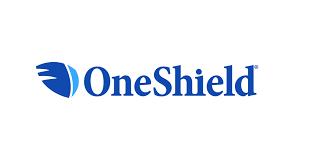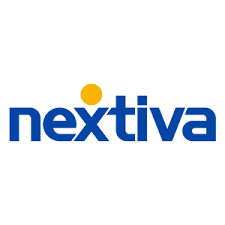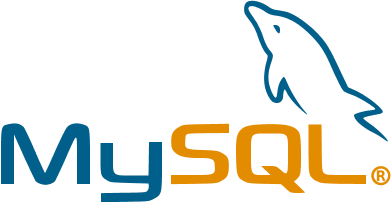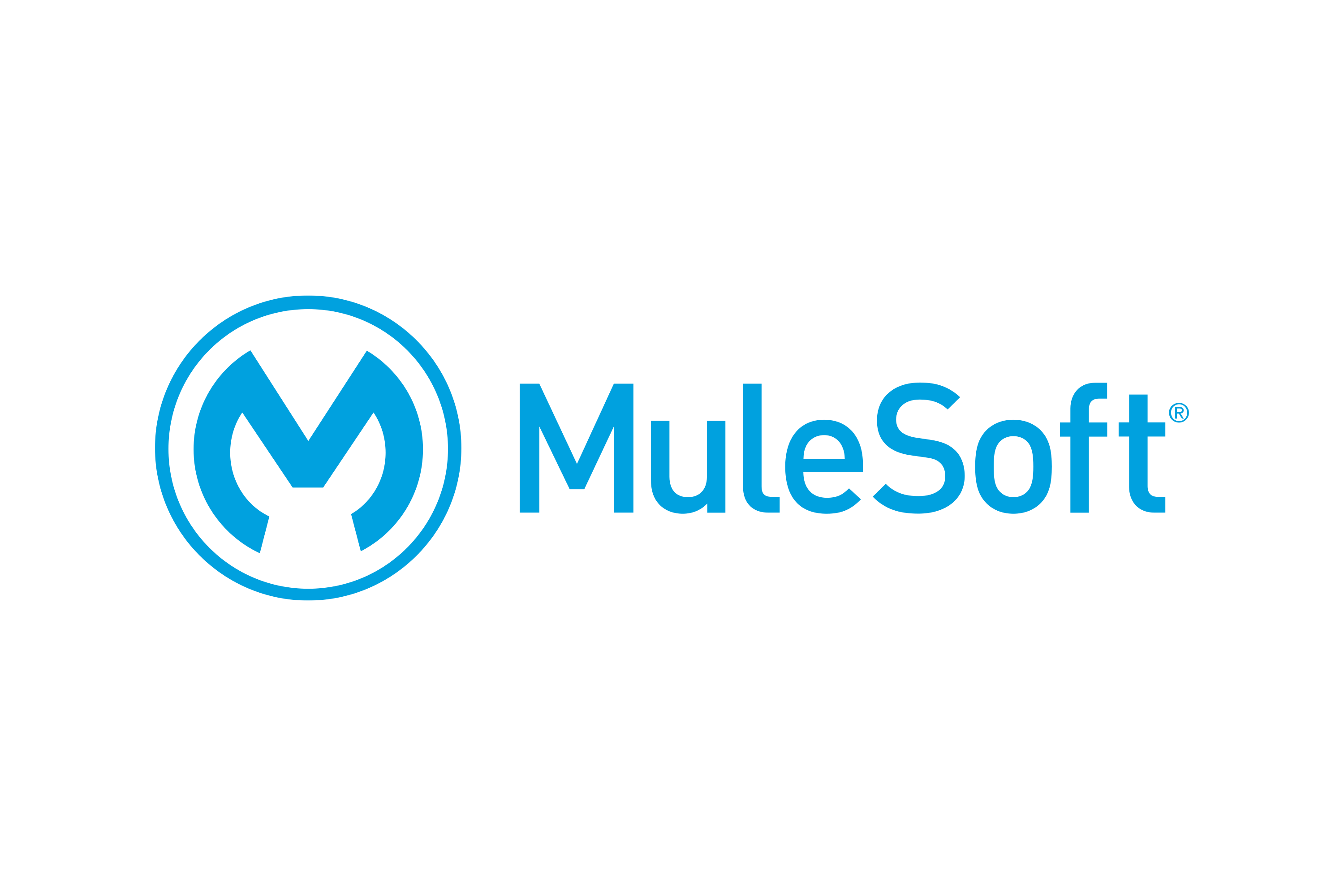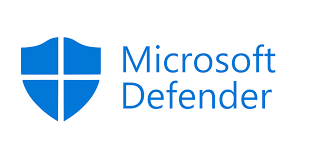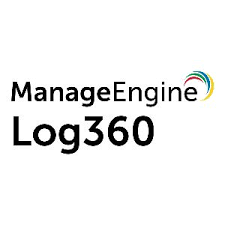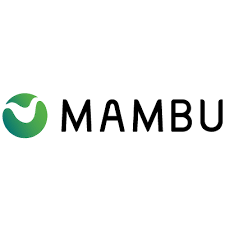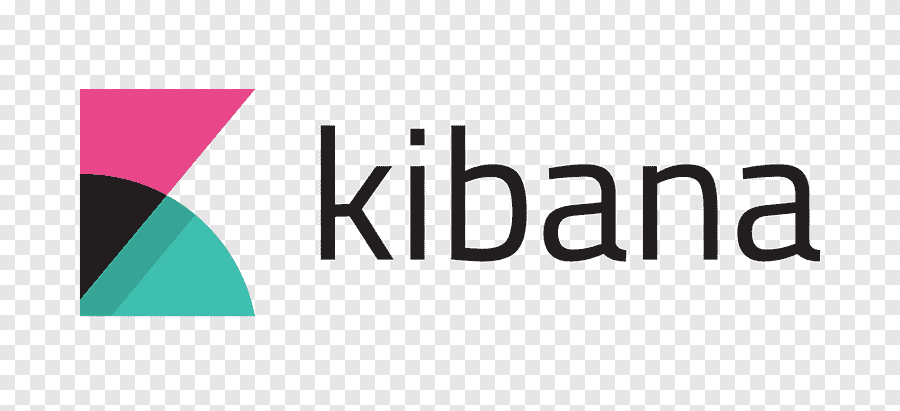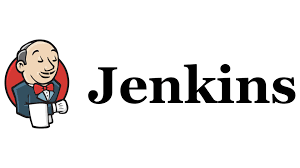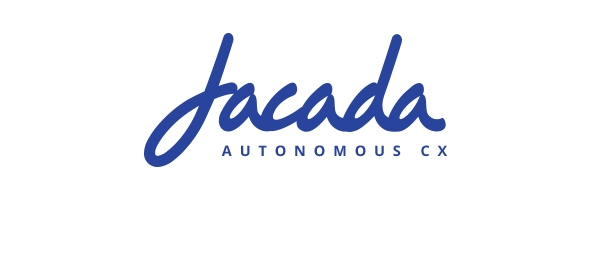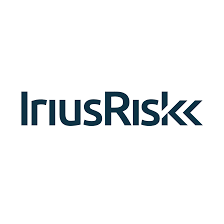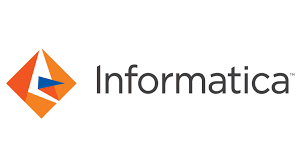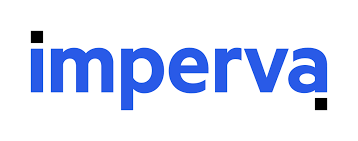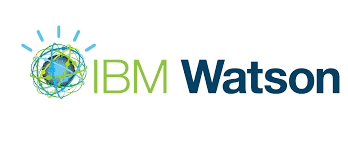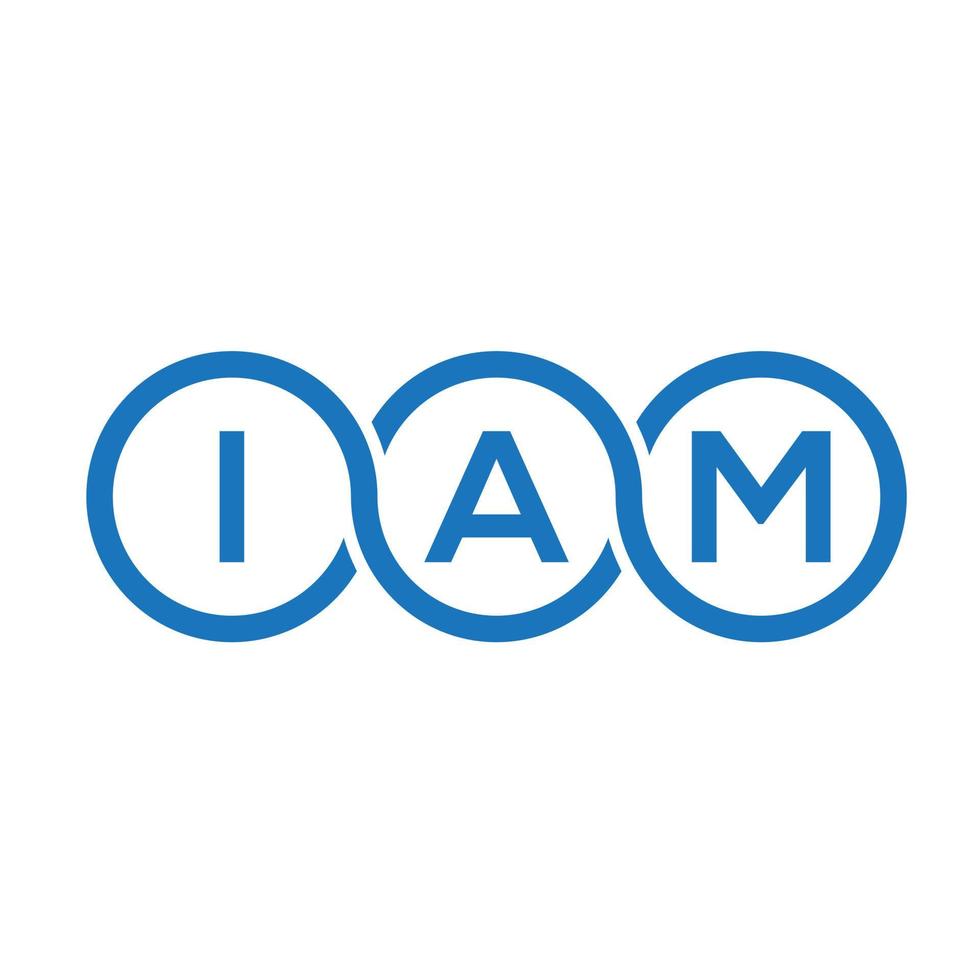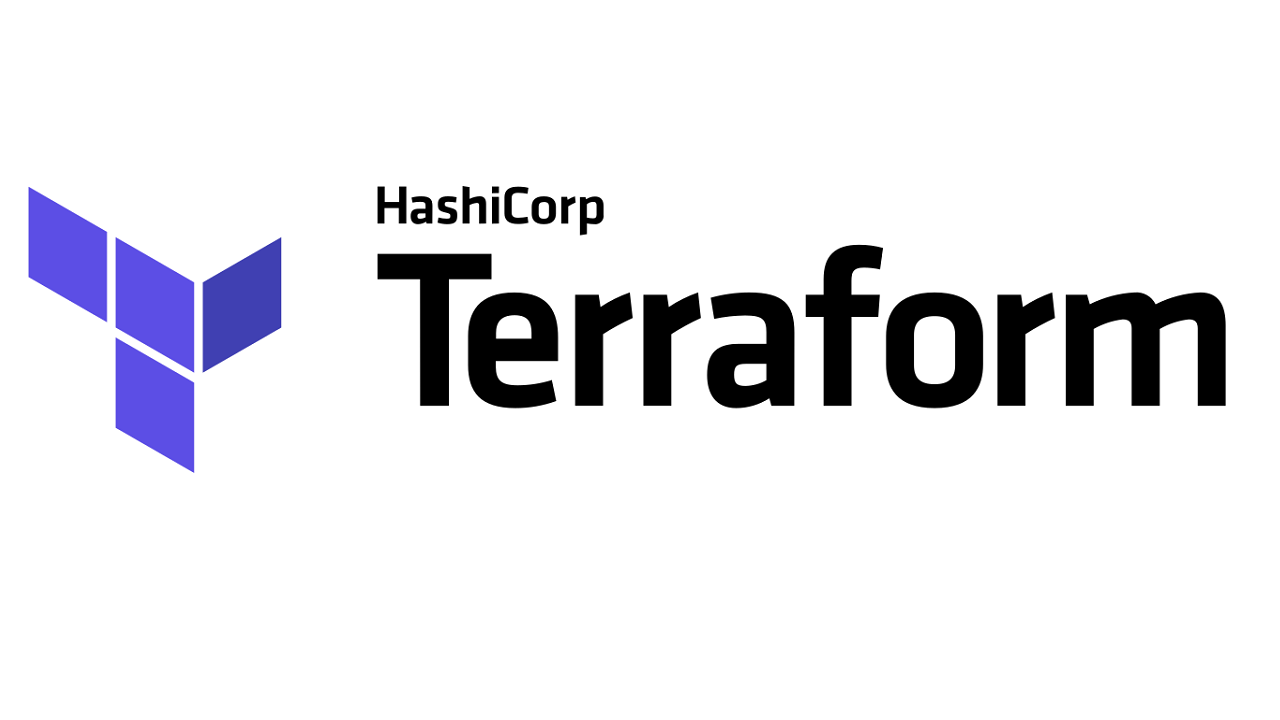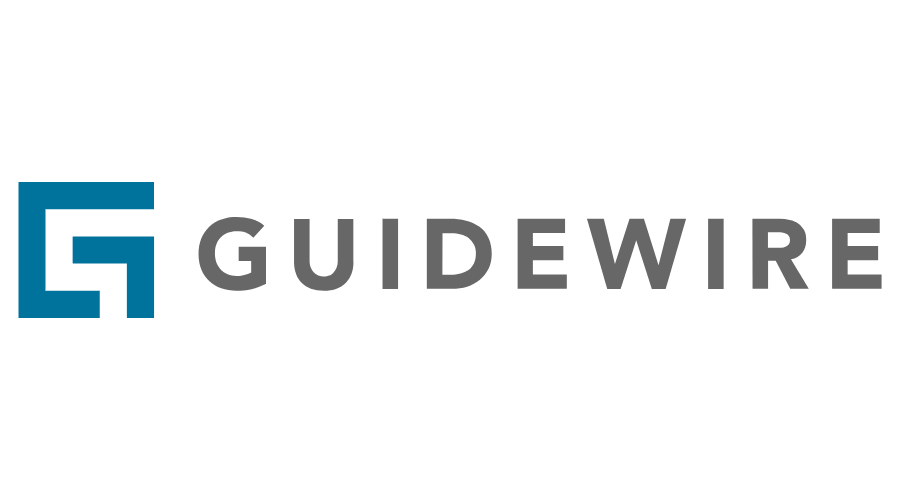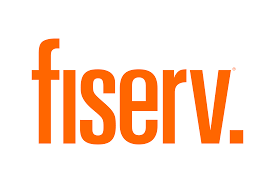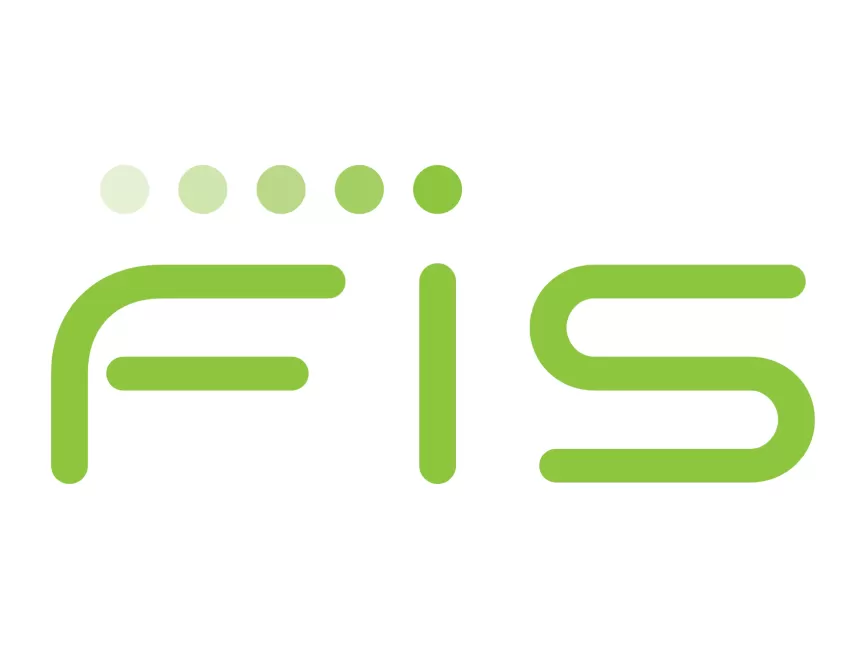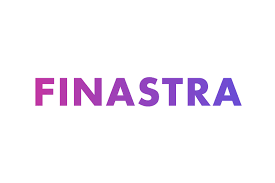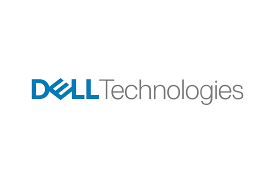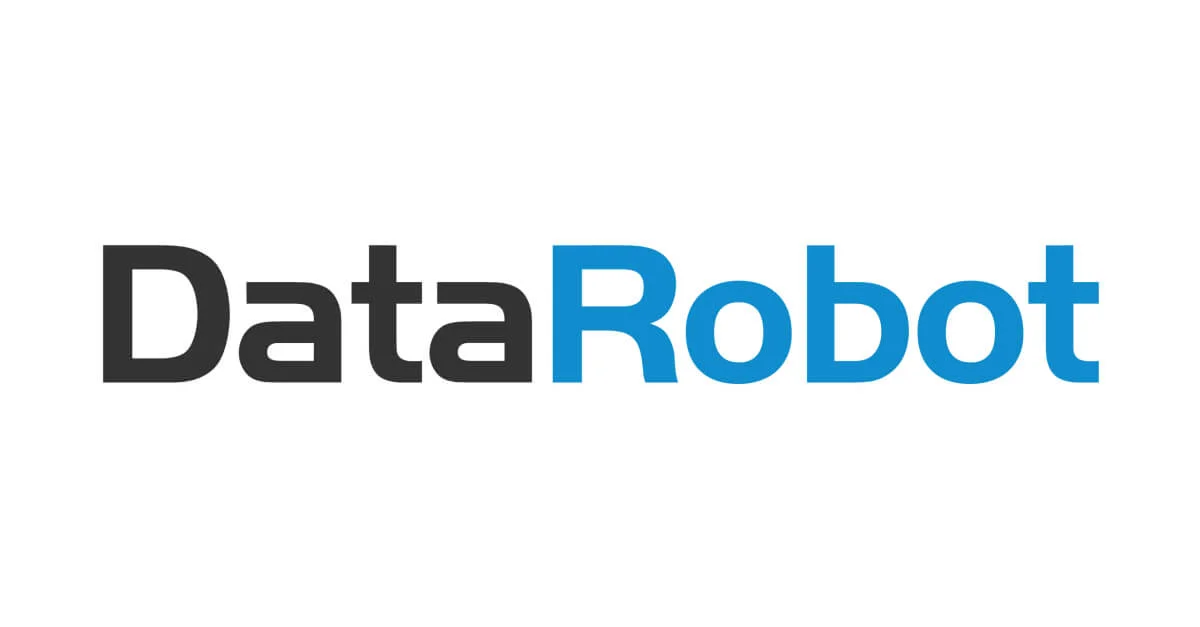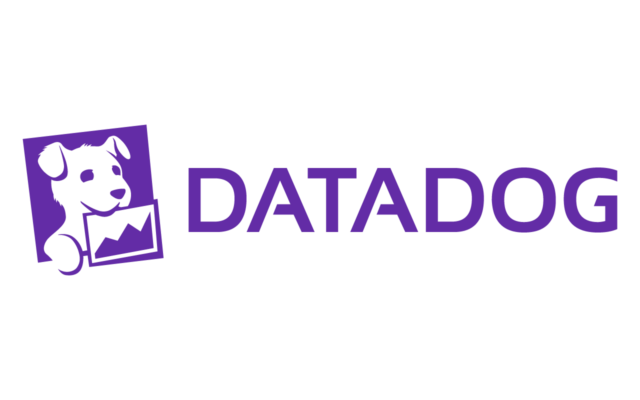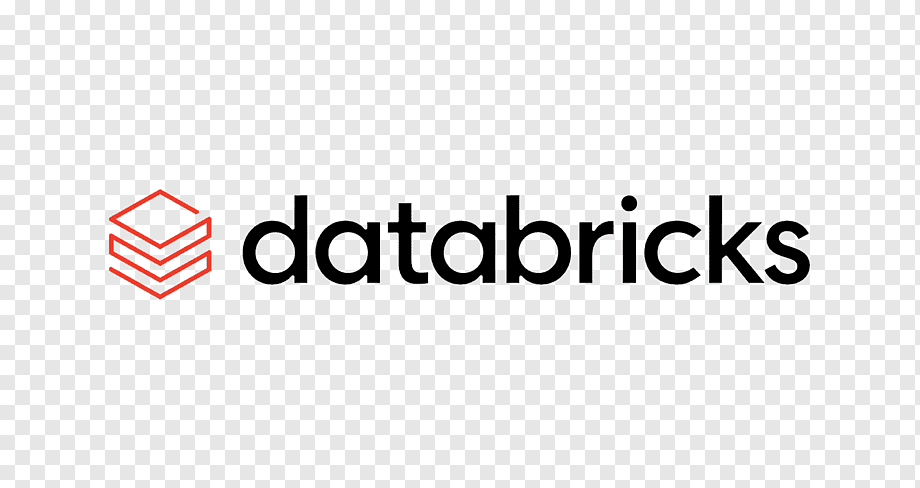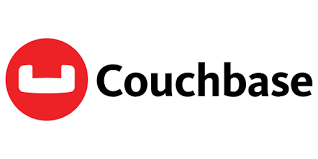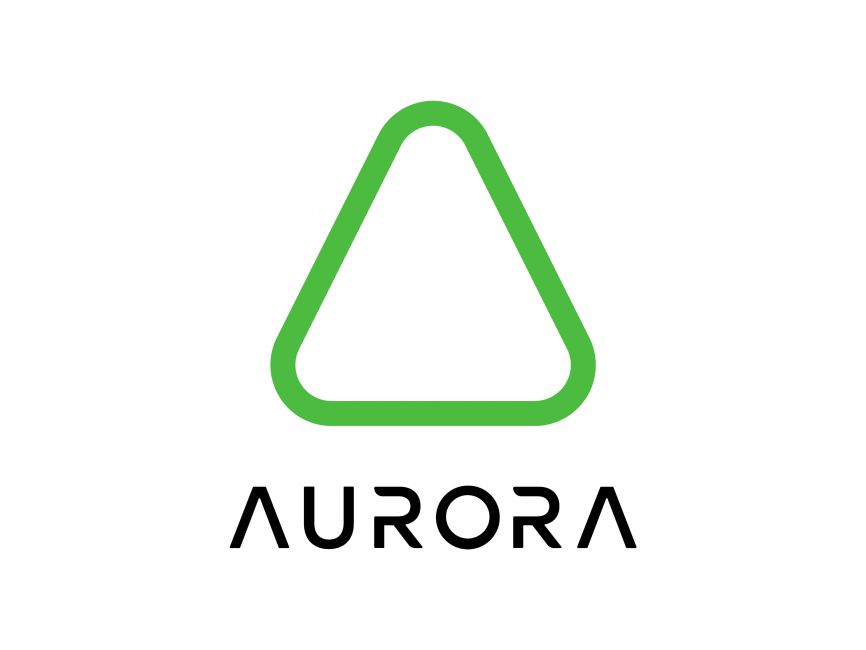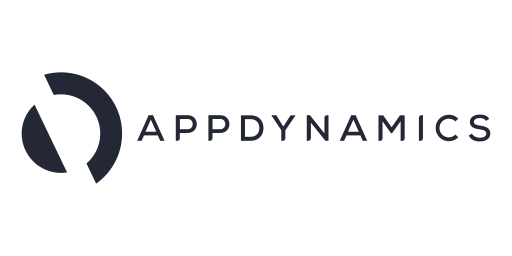Compliance and other corporate policies
- Code Of Ethics
- Waivers
- Anti -Corruption Policy
- Whistleblowers &Non-Retaliation policy
- Supplier Standards Of Conduct
- Environmental, Health & Safety Policy
- Human Rights Policy
- Gender & Pay Gap Reports
The code of ethics is a set of principles designed to guide the behavior and decision-making of individuals within Seranova Group. This includes:
1. Integrity: Acting honestly and with strong moral principles, avoiding conflicts of interest and
unethical behavior.
2. Respect: Treating others with dignity, fairness, and respect, promoting a positive and inclusive
workplace.
3. Accountability: Taking responsibility for one’s actions and decisions, and being transparent
about them.
4. Compliance: Adhering to laws, regulations, and organizational policies, and seeking guidance
when unsure.
5. Confidentiality: Protecting sensitive information and maintaining the privacy of others.
6. Professionalism: Demonstrating competence, maintaining high standards of work, and
upholding the reputation of the organization.
7. Responsibility: Considering the impact of decisions on stakeholders, the environment, and
society, and acting in a manner that supports the organization’s mission and values.
Waivers are formal documents or agreements that relinquish a right or claim, typically involving the voluntary relinquishment of a legal right or privilege.
1. Legal Waivers: These are used to waive certain legal rights or claims.
2. Insurance Waivers: These documents are used to decline certain insurance coverage or benefits,
often to reduce premiums or adjust coverage levels.
3. Employment Waivers: In employment settings, waivers might be used to forgo certain claims or
rights, often in the context of settlement agreements or when signing up for specific benefits.
4. Regulatory Waivers: These are requests to be exempted from certain regulations or
requirements, often used in regulatory or compliance contexts.
An Anti-Corruption Policy is a set of guidelines and practices designed to prevent, detect, and address corruption within Seranova Group. This includes:
1. Purpose and Scope: Clearly defines the policy’s objectives, including the commitment to ethical
behavior and the prevention of corruption in all forms.
2. Definition of Corruption: Provides a detailed explanation of what constitutes corruption,
including bribery, kickbacks, embezzlement, and other unethical practices.
3. Prohibition of Corrupt Practices: Explicitly forbids any form of corruption, including offering,
giving, receiving, or soliciting bribes or other improper payments.
4. Compliance with Laws: Emphasizes adherence to relevant anti-corruption laws and regulations,
both domestic and international.
5. Reporting Mechanisms: Establishes procedures for reporting suspected corruption, including
confidential and secure channels for whistleblowers.
6. Investigation and Enforcement: Outlines the process for investigating allegations of corruption
and the potential disciplinary actions or legal consequences for violations.
7. Training and Awareness: Mandates regular training for employees and stakeholders on anticorruption policies, ethical behavior, and how to recognize and report corruption.
8. Monitoring and Review: Describes how the policy will be monitored, reviewed, and updated to
ensure effectiveness and compliance.
9. Responsibilities: Assigns responsibility for implementing and overseeing the policy, including
roles for senior management, compliance officers, and other relevant personnel.
A Whistleblowers & Non-Retaliation Policy is designed to encourage the reporting of unethical or illegal activities while protecting individuals who come forward from retaliation. The key elements includes:
1. Purpose and Scope: Defines the policy’s goals, including promoting transparency and accountability, and outlines the types of concerns that can be reported (e.g., illegal activities, ethical violations).
2. Whistleblower Definition: Clarifies who qualifies as a whistleblower, typically anyone who reports concerns about misconduct in good faith.
3. Reporting Mechanisms: Provides clear procedures for reporting concerns, including multiple channels such as a dedicated hotline, email, or an online portal. Ensures that the reporting process is confidential and secure.
4. Protection Against Retaliation: Guarantees that whistleblowers will not face retaliation for reporting concerns. This includes protection from adverse actions such as dismissal, demotion, harassment, or discrimination.
5. Confidentiality: Ensures that the identity of the whistleblower is kept confidential to the extent possible and only disclosed to those who need to know in order to investigate the report.
6. Investigation Process: Describes how reported concerns will be investigated, including the steps taken to ensure a thorough and impartial review.
7. Non-Retaliation Assurance: States the organization’s commitment to protecting whistleblowers and outlines the consequences for anyone who retaliates against a whistleblower.
8. Training and Awareness: Includes provisions for training employees on how to report concerns, the importance of the policy, and how retaliation is prohibited.
9. Monitoring and Review: Details how the policy will be monitored for effectiveness and periodically reviewed and updated.
Supplier Standards of Conduct are guidelines set by Seranova Group to ensure that suppliers adhere to ethical and legal standards. These standards help maintain integrity and compliance throughout the supply chain. The key components included are:
1. Ethical Business Practices: Requires suppliers to operate with honesty and integrity, avoiding any form of corruption, bribery, or unethical conduct.
2. Compliance with Laws: Ensures that suppliers adhere to all applicable local, national, and international laws and regulations.
3. Labor Practices: Mandates fair labor practices, including:
o No forced or child labor
o Fair wages and working hours
o Safe and healthy working conditions
o Non-discrimination and respect for workers’ rights
4. Environmental Responsibility: Requires suppliers to comply with environmental laws and adopt practices that minimize their environmental impact, including waste management and resource
conservation.
5. Health and Safety: Ensures that suppliers provide a safe working environment and adhere to health and safety regulations to protect employees.
6. Quality and Integrity: Sets expectations for the quality of products or services provided and requires suppliers to avoid any fraudulent activities or misrepresentations.
7. Confidentiality and Data Protection: Requires suppliers to protect sensitive information and comply with data protection laws and regulations.
8. Human Rights: Promotes respect for human rights and prohibits any form of harassment, exploitation, or abuse.
9. Anti-Bribery and Anti-Corruption: Prohibits suppliers from engaging in bribery or corruption and requires them to implement anti-corruption measures.
10. Monitoring and Compliance: Details how compliance with these standards will be monitored, including audits, inspections, and reporting mechanisms.
11. Corrective Actions: Outlines the process for addressing non-compliance, including potential corrective actions or termination of the supplier relationship if necessary
An Environmental, Health & Safety (EHS) Policy is designed to outline an organization’s commitment to maintaining a safe and healthy work environment while minimizing its environmental impact. Here are the key components typically included in such a policy:
Purpose and Scope: Defines the objectives of the policy, such as protecting employees’ health and safety, and minimizing environmental impact, and specifies the areas covered by the policy.
Commitment to Compliance: States the organization’s commitment to complying with all relevant environmental, health, and safety laws, regulations, and standards.
Environmental Stewardship: Outlines efforts to reduce environmental impact through practices such as waste reduction, recycling, energy conservation, and pollution prevention.
Health and Safety Standards:
- Workplace Safety: Ensures the implementation of safety measures and protocols to prevent accidents and injuries.
- Health Protection: Includes measures to protect employee health, such as managing exposure to hazardous substances and providing appropriate personal protective equipment (PPE).
Risk Management: Describes the process for identifying, assessing, and managing risks related to environmental impact, health, and safety.
Emergency Preparedness: Details procedures for responding to emergencies, including training for employees, emergency drills, and contingency plans.
Training and Awareness: Mandates regular training for employees on EHS practices, policies, and procedures to ensure they are aware of their responsibilities and safe work practices.
Roles and Responsibilities: Assigns specific EHS responsibilities to various roles within the organization, including management, supervisors, and employees.
Monitoring and Reporting: Establishes mechanisms for monitoring EHS performance, reporting incidents or non-compliance, and tracking progress toward EHS goals.
Continuous Improvement: Promotes ongoing evaluation and improvement of EHS practices through regular reviews, audits, and feedback from employees.
Communication: Ensures clear communication of EHS policies and procedures to all employees and stakeholders.
Documentation and Records: Specifies the maintenance of records related to EHS activities, including incident reports, safety audits, and training documentation.
Human Rights Policy
Our Human Rights Policy outlines Seranova Group’s commitment to respecting and promoting human rights in its operations and interactions.
1. Purpose and Scope: The objectives of the policy, such as ensuring respect for human rights and promoting fair treatment of all individuals. It specifies the areas and activities covered by the policy.
2. Commitment to Human Rights: Affirms our organization’s commitment to upholding internationally recognized human rights standards and principles, such as those outlined in the Universal Declaration of Human Rights and other relevant frameworks.
3. Non-Discrimination: Ensures that all individuals are treated fairly and without discrimination based on race, gender, age, disability, religion, sexual orientation, nationality, or other protected characteristics.
4. Labor Rights: Guarantees respect for labor rights, including:
- Freedom from Forced and Child Labor: Prohibits forced, bonded, or child labor.
- Fair Wages and Working Conditions: Ensures fair compensation, reasonable working hours, and safe working conditions.
- Freedom of Association: Supports employees’ rights to freely associate, form unions, and engage in collective bargaining.
5. Health and Safety: Commits to providing a safe and healthy work environment that protects the well-being of employees.
Gender & Pay Gap Reports are tools used by Seranova Group to analyze and disclose the differences in pay between different genders within the company. These reports aim to identify disparities and promote transparency and equality in compensation practices. The key elements of the report includes:
1. Introduction: Provides an overview of the report’s purpose, including the commitment to gender equality and transparency.
2. Definition of Gender Pay Gap
3. Data Collection and Methodology.
4. Pay Gap Analysis.
5. Factors Contributing to the Pay Gap.
6. Actions and Commitments includes current initiatives and Future goals.
7. Monitoring and Reporting mechanisms.
8. Gender Diversity Initiatives.


